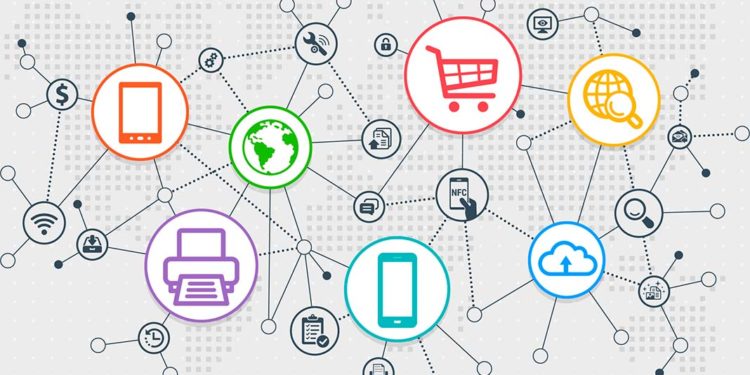Efficiency is necessary for the success of any business; however, when it comes to SMBs, these high levels of productivity must be achieved with low running costs. Investing in the right technology can allow businesses to scale up their operations in an economically effective way. One of the best ways of identifying which technology to choose for business growth is to look at SMB market trends. The list below outlines some of the biggest technology trends for SMBs.
- Integrated Systems
Cloud computing has become increasingly popular for businesses over the past few years. Cloud-based software offer some distinct advantages such as increased flexibility, backup and security, and scalability for growth.
Another integrated system that’s increasingly popular, especially for small to medium-sized businesses, is the virtual telephone system. These provide professional quality phone systems to any mobile or internet-enabled device, which can be used anywhere. You can explore reviews of different virtual telephone systems at virtualhostedpbx.net, as there are sub-trends in this niche that you’ll want to get acquainted with before you deploy an integrated system.
- Cyber Security
While the concept of cybersecurity is by no means new, the increased number of cybercrimes reported in 2020 has led many businesses to safeguard themselves. Cybersecurity systems are essentially there to protect a business’ data. This could be customer information, financial documents, or anything else a hacker might like to get their hands on.
- Smarter business energy
Businesses in the UK are getting smarter about their business energy use. New technology like smart meters and improved business energy comparison technology can help businesses save significant money on energy bills. UK established businesses and even start-ups can compare their energy costs for free at BusinessComparison.com.
- Automation
A recent study from Sage recorded that business in the UK are losing 120 hours a year to admin. This sheds some light on the importance of automation. Incorporating automation will allow employees to focus on their primary tasks, rather than getting bogged down in administrative procedures. The business potential for automation is already vast, and it’s growing still more rapidly, which means that whether a business needs automation for accountancy or data storage, there should be a system out there to help.
- Targeting and Segmentation
Marketing is currently experiencing a refocusing, moving away from the traditional mass exposure, to a much more personalized approach. The impact of these more focused efforts are twofold: firstly, it allows for much more efficient advertising as it directly relates to the needs and desires of the relevant customer; secondly, it enables businesses to use their budget more effectively by ensuring that those looking at an ad will be interested in similar products.
With this trend still developing, it is somewhat unclear how businesses will manage to keep their customer data private while providing an increasingly personalized and streamlined relationship with these customers.
- Artificial Intelligence
Being able to communicate with a customer is a vital part of building a long-lasting relationship; however, this is not always possible for businesses with smaller teams. The increased sophistication of chatbots means that customer service can be offered around the clock, outside of working hours. A recent study into chatbot users found that 40 percent of consumers do not mind if they are talking to a human or a bot as long as they receive help quickly. These systems allow a customer to have an instant channel of communication.
- Social Commerce
The way people are shopping is changing. According to a Sprout Social study, 75 percent of people bought an item after seeing it on social media. Social Media sites such as Instagram offer their users the ability to purchase items without even leaving their app. This trend has been noticed by businesses as there is a move to expand social media’s purpose from engagement and communications to sales.
- Mobile Applications
According to TechCrunch, U.S consumers spend on average 5 hours a day on their mobile devices. 92% of this time is on an app. Having a business application does not only enable companies to reach this valuable market but has been seen to drastically increase sales, resulting on average in a 24% increase in money spent on purchases. It’s all about ease and simplicity, and seeing the application on a phone motivates a person to use it.
- Privacy and Transparency
The past few years have seen a rise in public awareness relating to the collection, storage, and use of personal data. More and more businesses are investing in privacy software and publishing their privacy policies, partly because of GDPR. This has prompted a trend in businesses to reassure their customers about their data use as an important part of fostering loyal and trusting relationships.


